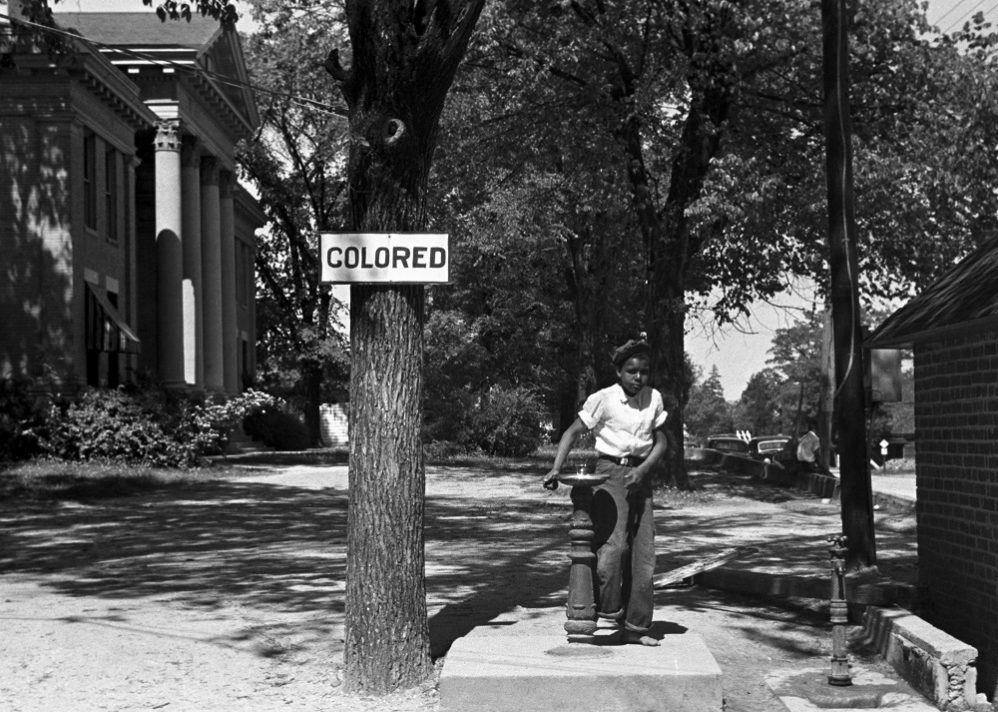President-elect Donald Trump is gearing up to launch an extensive deportation campaign just a day after taking office. The plan is to kick off these efforts in major sanctuary cities across America, with Chicago likely being the first target. Reports suggest that the operation in Chicago will start Tuesday morning and continue through the week, involving 100 to 200 Immigration and Customs Enforcement (ICE) agents.
Tom Homan, the incoming border czar who previously led ICE under Trump, has emphasized that the administration will focus on illegal migrants with criminal records and those who have been ordered to leave the country but have stayed on as fugitives. The aim is to prioritize threats to public safety and national security. However, Homan was clear that any illegal migrant could be subject to deportation efforts.
The Chicago City Council recently rejected an attempt by two moderate aldermen to relax sanctuary city laws. Aldermen Raymond Lopez and Silvana Tabares argued for allowing ICE to intervene when an illegal migrant is involved in criminal activities. They believed this change would benefit the immigrant community by focusing enforcement on criminals. Despite their efforts, the proposal was quickly dismissed.
Similar opposition to Trump’s agenda has been noted in other sanctuary cities. Los Angeles passed its sanctuary law shortly after Trump’s election win, San Diego County reinforced its existing law, and Boston reaffirmed its sanctuary status in December.
Homan has mentioned that city officials who refuse to cooperate with ICE will not hinder their plans. He also stated that those who knowingly protect illegal migrants from law enforcement could face prosecution.
In addition to deportation operations, Trump plans to end birthright citizenship for children born in the U.S. to illegal migrant parents, resume construction of the U.S.-Mexico border wall, reinstate the Remain in Mexico program, and implement other strict immigration policies.
The Trump administration’s approach underscores a commitment to enforcing immigration laws and prioritizing public safety. This initiative resonates with many who believe in a strong national security strategy and the importance of upholding the rule of law.
The incoming administration’s plans highlight a focus on curtailing illegal immigration and protecting American communities. By targeting those with criminal backgrounds, the administration aims to make the country safer and more secure.
Sanctuary cities have long been a contentious topic in the immigration debate. These cities often refuse to cooperate with federal immigration authorities, arguing that such cooperation would erode trust between immigrant communities and law enforcement. However, the Trump administration sees these policies as a hindrance to enforcing immigration laws effectively.
The proposed changes to birthright citizenship and border security measures are part of a broader strategy to address illegal immigration comprehensively. Supporters believe that these measures will deter illegal crossings and ensure that immigration benefits those who follow legal pathways.
Critics of the administration’s plans argue that the focus on deportations and strict immigration policies could lead to family separations and an atmosphere of fear among immigrant communities. Nevertheless, the administration maintains that its policies are necessary to uphold the rule of law and protect American citizens.
Trump’s immigration agenda is a central component of his broader vision for the country, which includes strengthening national security and ensuring that immigration policies serve the interests of American citizens.
While the proposed measures have sparked debate, they reflect a commitment to addressing long-standing immigration challenges and prioritizing public safety. The administration’s approach underscores a belief in the importance of enforcing immigration laws and maintaining national security.
Trump’s plans for immigration reform are ambitious, aiming to address both immediate concerns and long-term challenges. By focusing on deporting criminals and enhancing border security, the administration hopes to create a safer and more orderly immigration system.
These efforts are part of a larger narrative that emphasizes the importance of law and order and national sovereignty. Supporters argue that a strong immigration system is essential for maintaining the country’s security and prosperity.
The upcoming deportation operations and policy changes are likely to have significant implications for sanctuary cities and the broader immigration landscape. As the administration moves forward with its plans, the nation will be watching closely to see how these policies unfold and impact communities across the country.







You must be logged in to post a comment Login